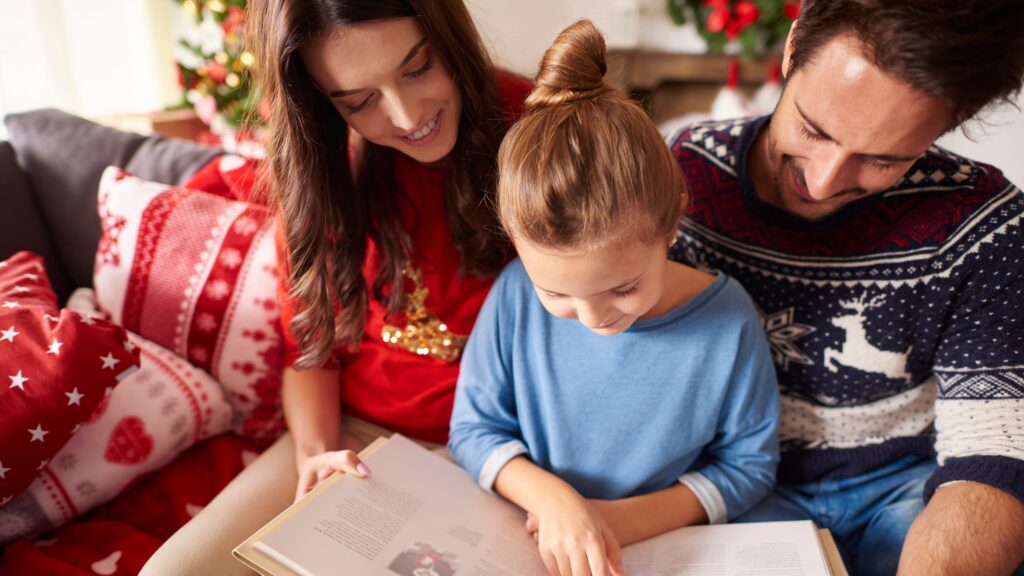As a parent, it may be difficult for you to understand and respond to the special needs of a foster or adopted child during the holidays, especially when you’re doing so much to create a fun and meaningful holiday for them, with gifts, celebrations, and happy memories.
While these situations can be stressful, they are normal.
Read on to understand why your child might be responding differently and how you can learn to navigate the holidays with your foster/adoptive children.
Understanding the Behavior
When any special event comes around, we encourage you to not miss the “need” behind the array of emotions that your foster or adopted child may express in response to the special event.
Understanding is an excellent way to ensure you’re able to respond with compassion and kindness.
Some of your kids have experienced traumatic events such as parental separation, divorce, or have been removed from their family through foster or kinship care. Yet, they may have memories of joyful holidays with their parents or siblings, so they are grieving the loss of those times, and they might be missing their biological families.
On the other hand, some of your kids have never experienced a pleasant holiday. Their childhood years are marred by family dysfunction, abuse, abandonment, neglect, food insecurity, or unstable housing. Even through all your thoughtful and exciting planning, it’s foreign to them and, therefore, overwhelming.
The Need Behind the Behavior
Often, our children’s behaviors result from an unmet need. However, because our kids are young and their emotions aren’t fully developed, they struggle with expressing those needs.
While every child is different, here are a few more things that may be going on inside your children’s hearts and minds during the holiday season:
- Guilt for celebrating without their parents or siblings
- Worry about the safety of their biological families
- Sadness and grief over what they have lost
- Anxiety and confusion caused by getting used to a new family, new environment, and new traditions
- Sensory overload because of lack of structure and routine surrounding a calendar full of too many social events, which can lead to emotional outbursts
- Shame and guilt for not being able to meet your expectations of them
Take some time to think through these possibilities and better understand why the holidays may be difficult for your children. By focusing first on the need behind the behavior, we can then lead our children from a place of compassion and create realistic expectations for them to succeed during any special event.
Key Takeaway
If your child is having more meltdowns around the holidays, take time to understand the emotions behind their behavior. Then, ask God to help you have compassion for your child so you can better serve them.
“As a father is kind to his children, so the LORD is kind to those who honor him.”
Application
So many holidays are centered around sharing meals together — so why not make dinnertime extra special?
Add some laughter to the menu and play Meal Mix-Up with your kids — now available in HopeConnect™!





